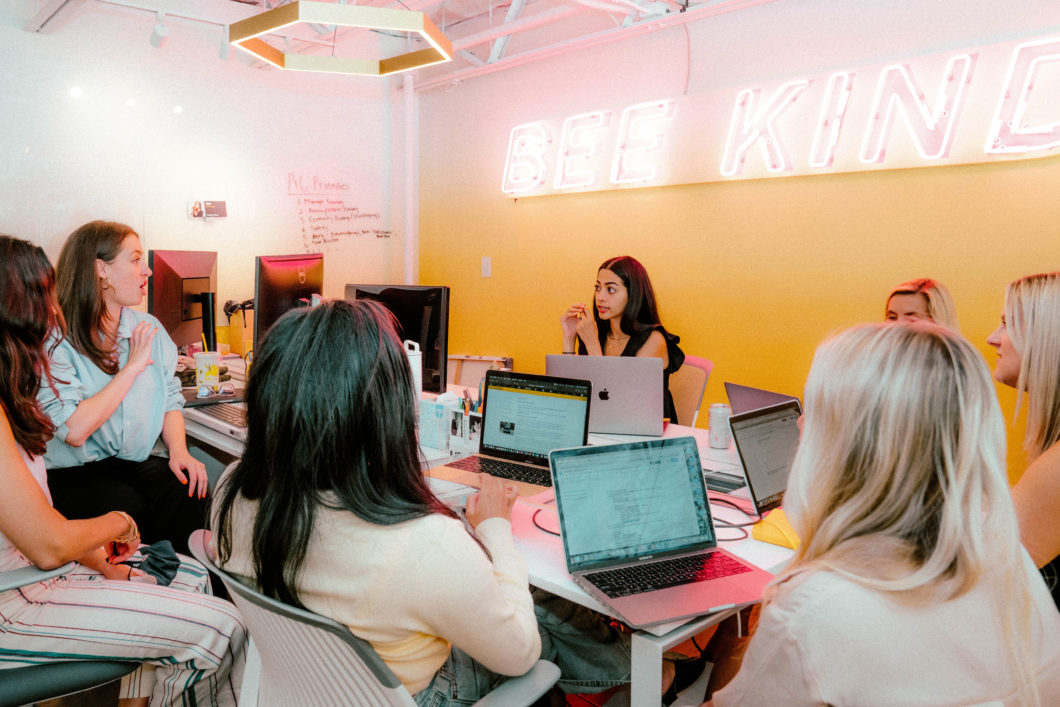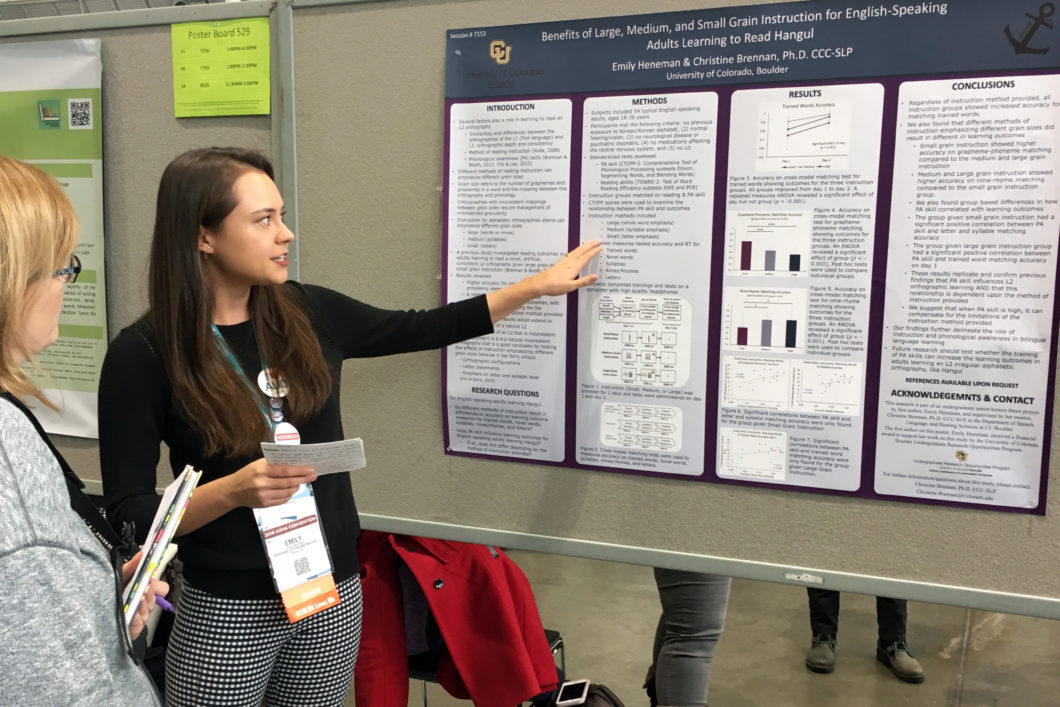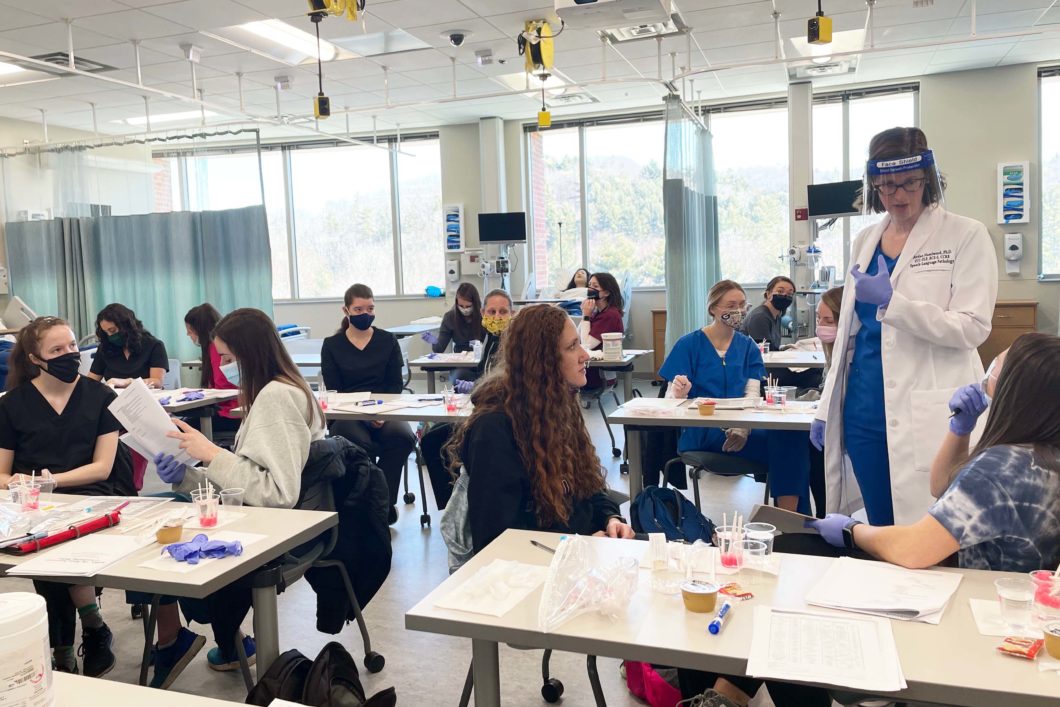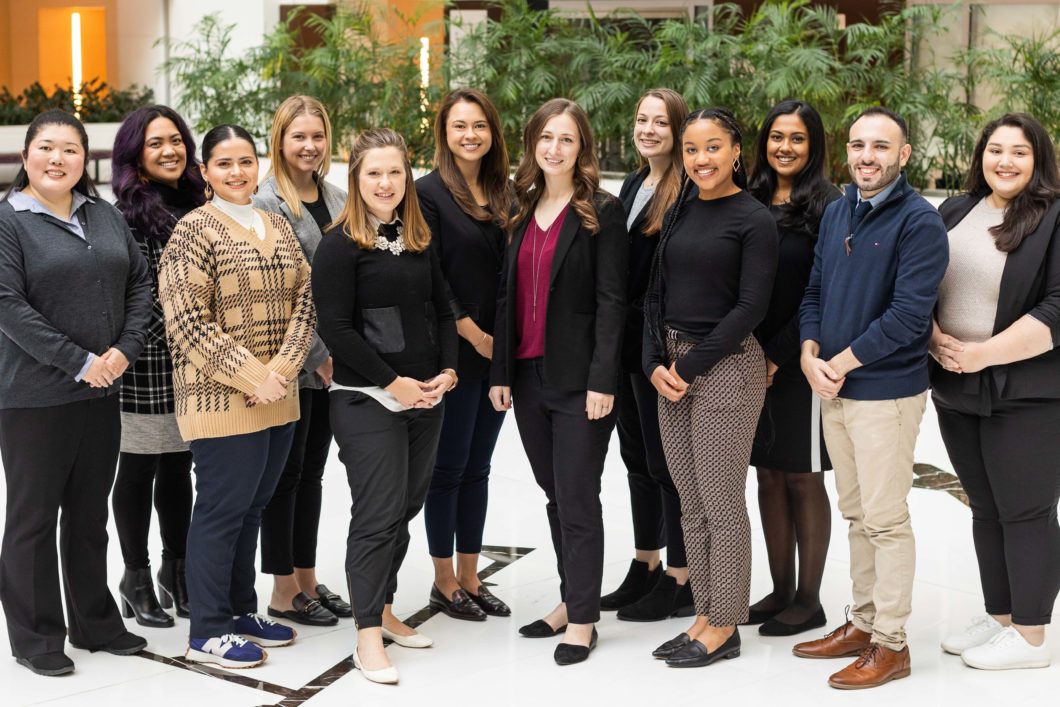I’m sure you’ve heard a million times that you need some sort of student leadership on your resume in order to get into grad school, become an audiologist or SLP, etc. But what does that even look like? For me, being involved in student leadership wasn’t something that I sought out initially. Sure, I volunteered quite a bit at my local animal shelter because I…
5 Tips for Submitting an ASHA Convention Proposal
I first got involved in research during my undergraduate program at the University of Colorado Boulder’s Speech, Language, and Hearing Sciences department. I worked closely with Dr. Christine Brennan, PhD, CCC-SLP, in the Brain and Behavior Lab working on the benefits of large, medium, and small grain instruction for English-speaking adults learning to read Hangul. The excitement and passion she exuded during her classes made…
Becoming a Comprehensive Clinician
Board Certified Specialist in Swallowing and Swallowing Disorders. “I like the sound of that,” I thought. Having learned about specialization in the area of dysphagia management from a guest speaker in our dysphagia class, I realized as a first-year speech-language pathology graduate student this was going to be my career trajectory. I didn’t always know about the field of speech-language pathology. It wasn’t until college…
What Can National NSSLHA Leadership Do for You?
I first encountered the field of CSD when I was 23 years old. At the time, I’d earned a bachelor’s degree in voice performance and was in the market for a new career—ideally, in a helping profession. My mom, in her infinite wisdom, suggested that I consider speech-language pathology. I immediately ran with the idea—I applied and was accepted to a post-baccalaureate program to bridge…




